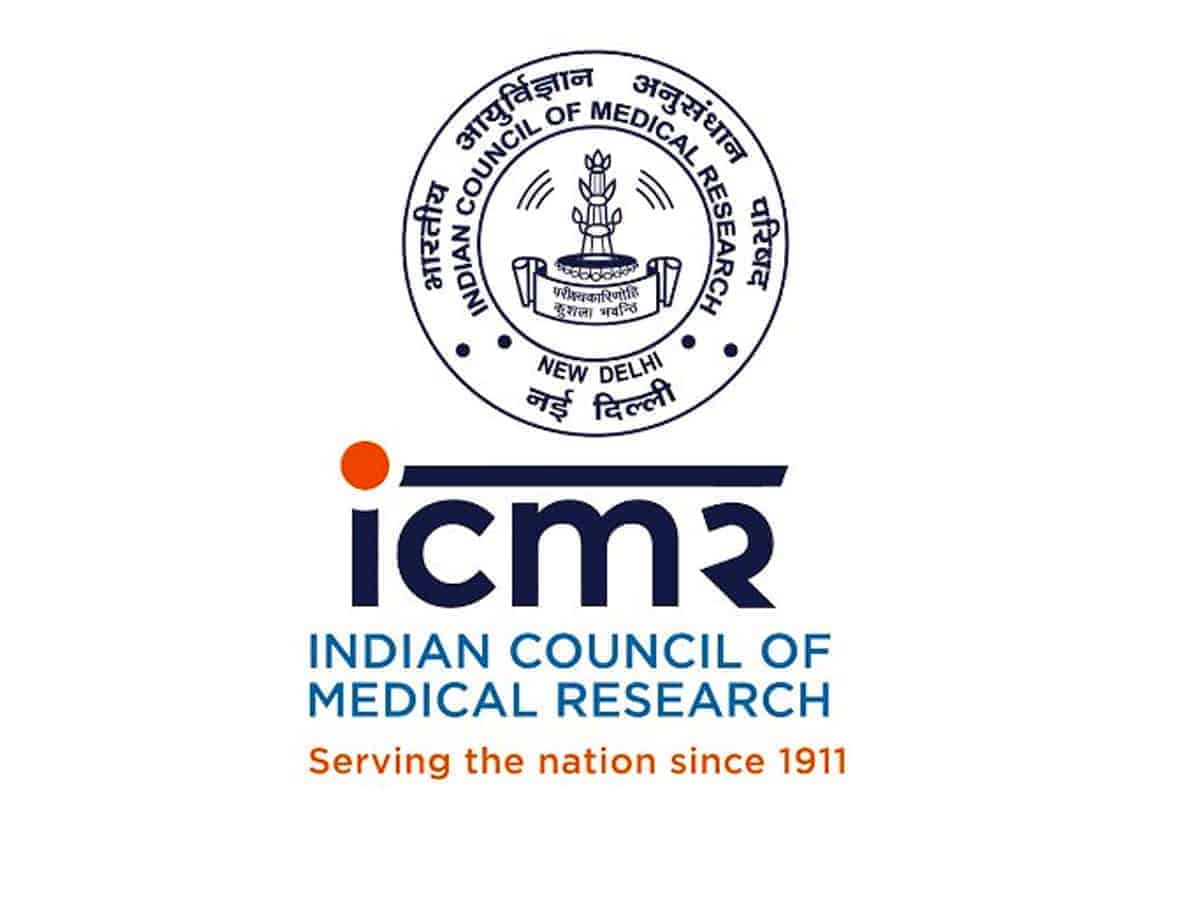
New Delhi: An ICMR study has indicated that a booster dose of Covaxin is safe and necessary to ensure persistent immunity to minimise breakthrough infections of COVID-19, due to newly emerging variants, Minister of State for Health Bharati Pravin Pawar informed Parliament on Friday.
The Indian Council of Medical Research (ICMR) has conducted studies on the effectiveness and side-effects of COVID-19 vaccines, Pawar said in Lok Sabha in reply to a written question.
A multi-centric, hospital-based, case-control study was conducted between May and July 2021, in which vaccine effectiveness of complete vaccination was found to be 85 per cent in Covishield and 71 per cent in Covaxin.
The vaccine effectiveness estimates were found to be similar against the Delta strain and sub-lineages, Pawar said.
A second study assessed the persistence of immunogenicity up to six months after a two or three-dose with Covaxin. The results of the study indicated that a booster dose of Covaxin is safe and necessary to ensure persistent immunity to minimize breakthrough infections of COVID-19, due to newly emerging variants.
A six-month analysis of the study titled ‘Immune response to precautionary third dose of Covishield/Covaxin among healthy adult population: an ICMR Cohort study, India” shows robust immune response with both vaccines, she said in her reply.
The Ministry of Health provides requisite support to states and Union territories to enhance preparedness and response capacities. Funding support has been provided to them for health system strengthening to meet any exigency due to resurgence of cases in the country through National Health Mission, Emergency COVID-19 Response and Preparedness packages.
With the long-term goal to better prepare our country against public health emergencies, the PM Ayushman Bharat Health Infrastructure Mission (PM-ABHIM) with an outlay of Rs 64,180 crores (for the period of 2021-26) has been launched with the intent to enhance the capacity of primary, secondary and tertiary health care facilities or systems and institutes for identifying and managing any new and emerging diseases, Pawar said.
These include support for strengthening rural health and wellness centres in high focus states, establishment of urban health and wellness centres in all the states, establishment of block public health units in high focus states, setting up of integrated public health labs in all districts, establishing critical care hospital blocks in all districts with population more than five lakhs, developing central institutions as training and mentoring sites with 150 bedded critical care hospital blocks, strengthening of the National Centre for Disease Control (NCDC), New Regional NCDCs and metropolitan health surveillance units among others.
Further, DBT through its public sector undertaking, Biotechnology Industry Research Assistance Council (BIRAC), has supported enhancement of capacities for conducting clinical trials, immunogenicity assays and animal challenge studies, which are important for vaccine development.
For early identification and diagnosis of emerging or re-emerging viral infections of public health importance, both serology and molecular diagnostic infrastructure has been strengthened across the country by establishing a network of virus research and diagnostic laboratories, the reply said.
